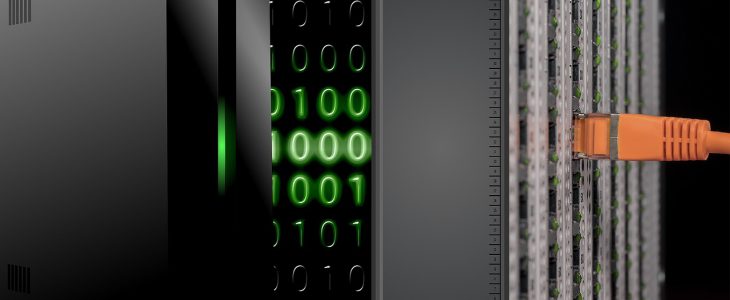
We are entering a new era in which information might be more important than resources and currencies. The data websites and businesses collect become valuable assets in their future strategies and the potential revenue is such that it could be unimaginable to an average person. Why is data so important?
Strategy

Let’s start small. You know how there are supermarkets and stores that issue members and rewards cards? Well, it isn’t about saving money, it is just the strategy of collecting data efficiently. By purchasing certain items over a period of time, you are effectively telling the corporations which products you prefer. Do you buy toilet paper in bulk or one roll at a time? Do you prefer family ice-cream that comes in several flavors or just a pop-sickle? What about fruit and vegetables, dairy, candy, meat, and canned goods?
See, they don’t really care on a small scale. They extract the data and compare it to other shoppers, so that they could use it to shift the placement of products, try out new products, like the popular soft drinks with new flavors, and to see whether their new business strategy of increasing the price or changing the packaging has any effect on your shopping habits.
It’s the same with websites. They see which ads you ignore and which intrigue you. They look at your political and social posts and use them in political campaigns, and present you with content you want to see.
Why Is This Relevant?
There are several reasons why we should be paying attention to this issue. Data like this can give companies and politicians an edge over their opponents, where they know exactly what to say to win you over. You can, therefore, buy products and services form a shady company simply because they feel right and it seems they know you. Similarly, you can vote for a politician that knows the key phrases and issues that will entice you to vote for them, like immigration, family values, gun control, gay marriage, and so on.
Another issue is that we don’t always know what type of data people have on us. We may have, on numerous occasions, told the world where we live, who the members of our family are, what we do for a living, and our opinions on the current state of our countries. While it is fine to share some of this information with friends and loved ones, it is not okay for people we don’t know to have access to them.

GDPR
GDPR stands for General Data Protection Regulation. This act was approved in 2016 and enforced in 2018 in the EU, which is why you may have seen sites notifying you again and again that they’ve updated their cookie policy. GDPR is there to give you protection against data theft by telling the companies what data they have access to and allowing the users to go off the grid if they so choose. While it is aimed at companies in the EU, its jurisdiction applies to businesses that have access to European citizens.



